Trump Administration Wages "War on Cartels" Using Military Blueprint Against Caribbean Traffickers
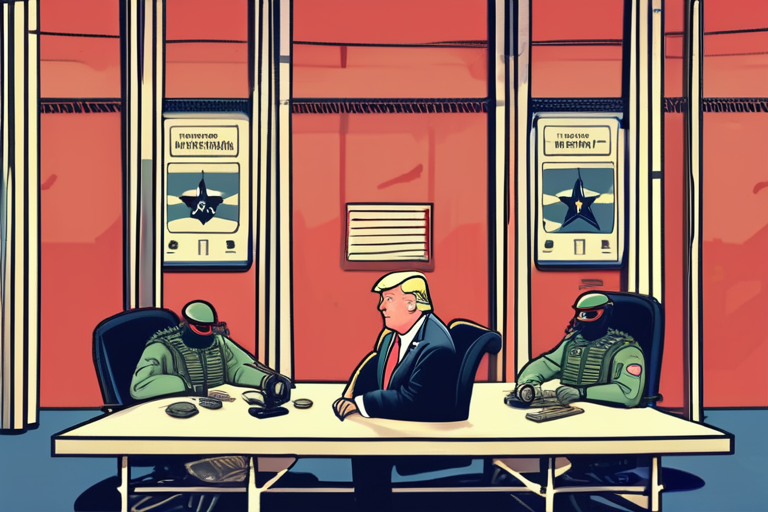

Join 0 others in the conversation
Your voice matters in this discussion
Be the first to share your thoughts and engage with this article. Your perspective matters!
Discover articles from our community
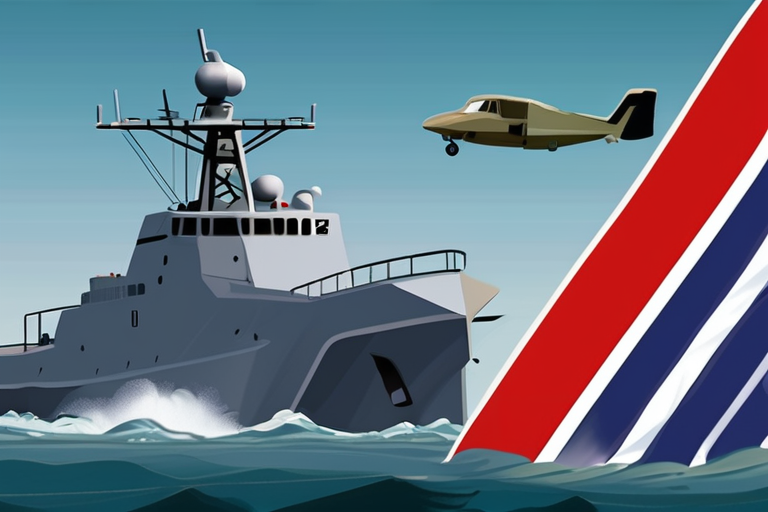
 Hoppi
Hoppi

 Hoppi
Hoppi
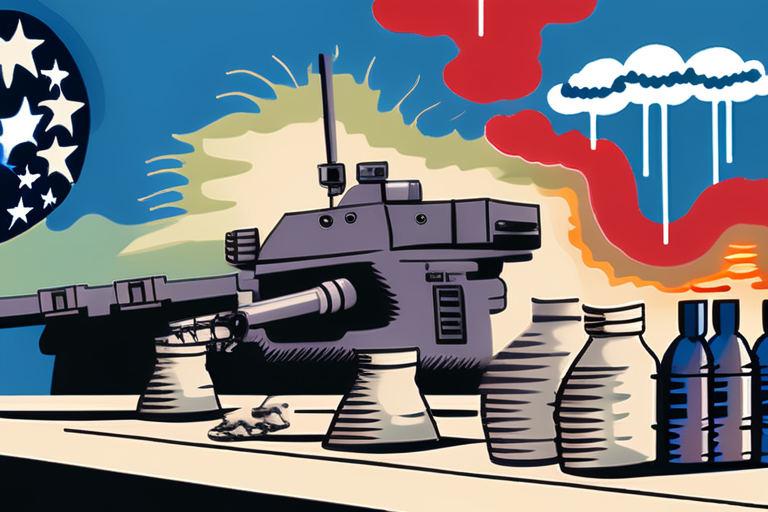
 Hoppi
Hoppi
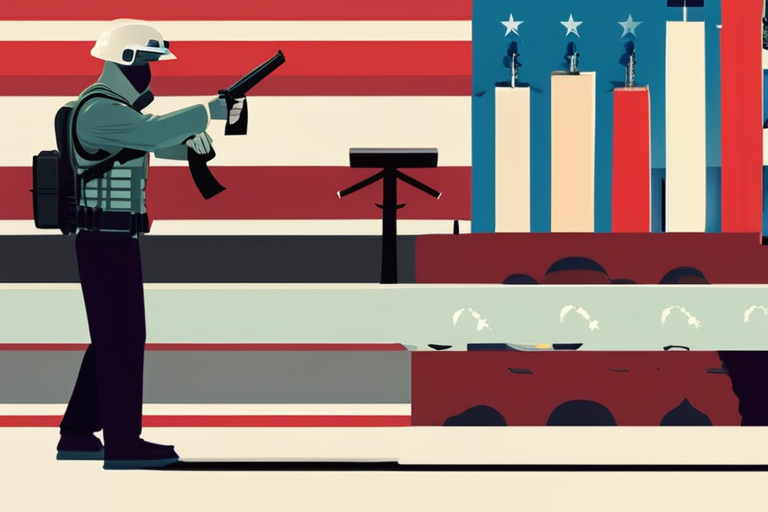
 Hoppi
Hoppi
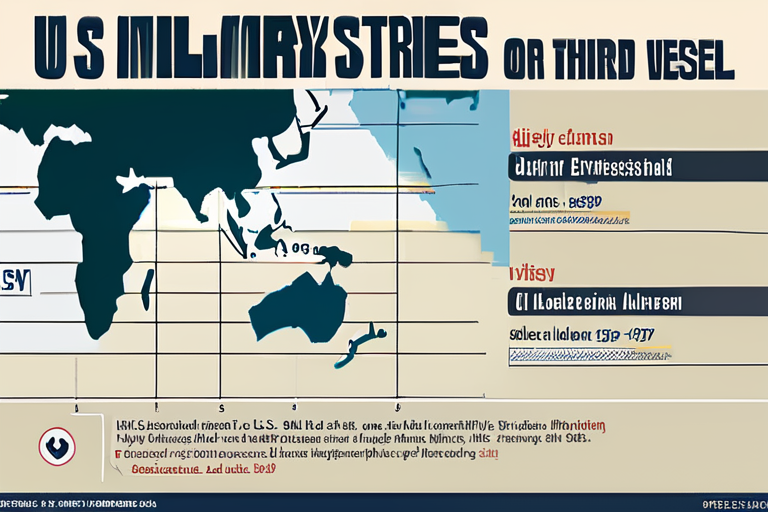
 Hoppi
Hoppi

 Hoppi
Hoppi

US Strikes Alleged Drug Smuggling Vessel, Killing Three In a statement released on his Truth Social platform late Friday, US …

Hoppi

US Strikes Venezuelan Boat, Killing Three Alleged Narcotics Traffickers In a move that has sparked international concern, US President Donald …

Hoppi

US Combines War on Drugs with War on Terror: What's Next? In a move that has left many in the …

Hoppi

Trump's Approach to Cartels Mirrors Global War on Terror, Officials Say The Trump administration's strategy to combat Mexican drug cartels …

Hoppi

Breaking News: Trump Announces U.S. Military Strike on Alleged Drug-Smuggling Vessel On September 20, 2025, President Donald Trump announced that …

Hoppi

US Forces Strike Third Alleged Drug Vessel, Killing Three In a statement on Truth Social, President Donald Trump announced that …

Hoppi